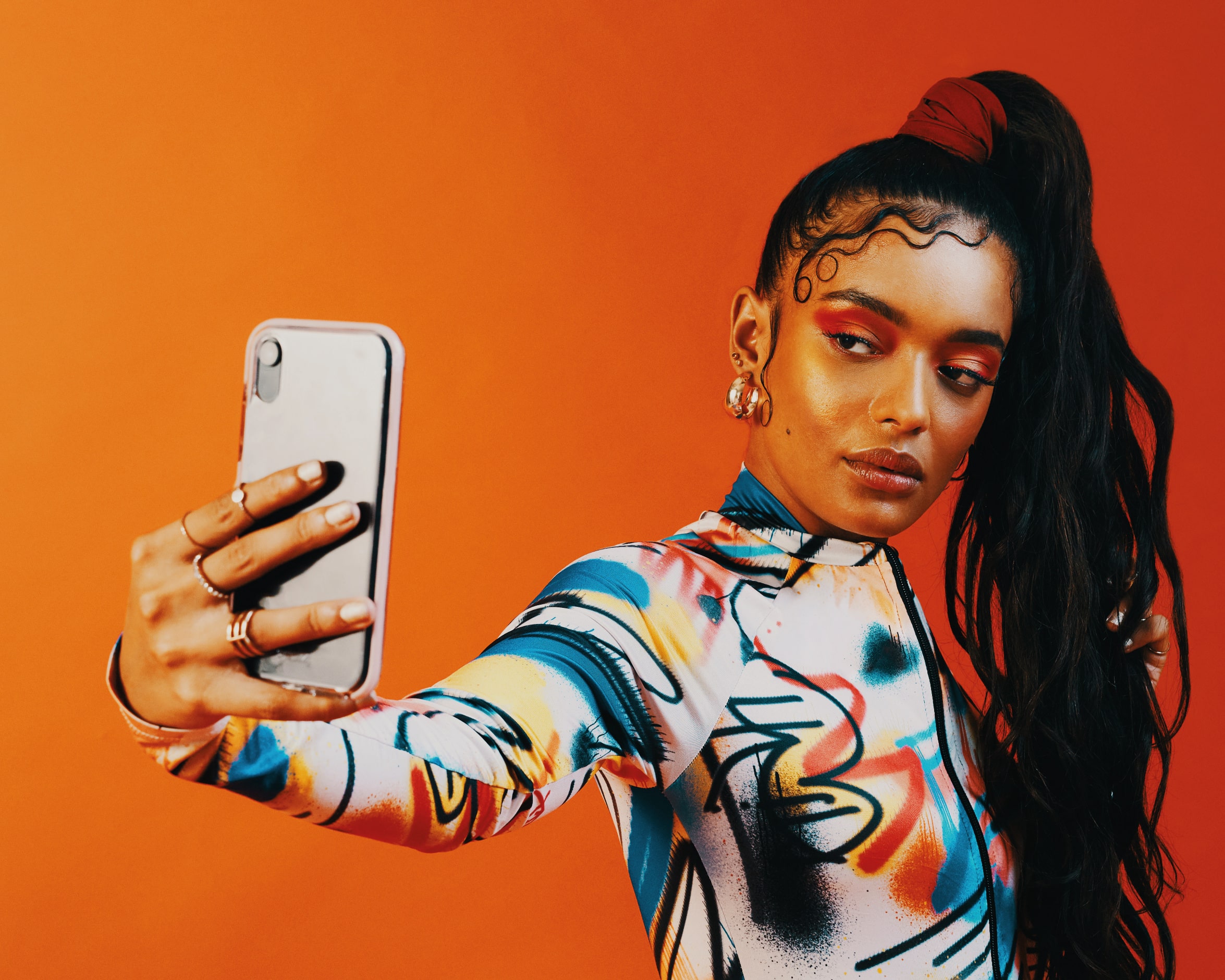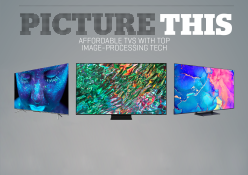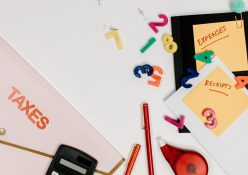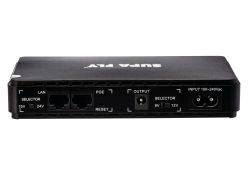Technology has become a major power player in the beauty industry. From Artificial Intelligence (AI) to Augmented Reality (AR), we are witnessing a total beauty revolution
How many times have you gone to your local retailer and bought the latest, on-trend beauty products on impulse, only to come home and find that the items simply do not match your skin tone or sit well with your skin type? Even worse, how many times has this happened to you with an international order you’ve paid thousands on customs for? It’s a real nightmare that we have all experienced at some stage in our lives as avid retail shoppers. However, thanks to technological innovation, you can now avoid instances like this – and save your coin at the same time!
PERSONALISED EXPERIENCES
It was in 2020 that a clear need for digital solutions – in the world of beauty – became something that all businesses and consumers were zoomed in on. This came as a result of the COVID-19 pandemic, which left many consumers in fear of going out and trying new products (for hygiene and social distancing reasons, obviously). Globally, a major drop in lipstick sales as a result of mask-wearing mandates, was also reported. Nevertheless, multiple beauty brands noticed a considerable rise in e-commerce sales since then. However, the inability for customers to test and compare product shades quickly became a major issue.
Research conducted by Revieve (a technology company focused on consumer-centric personalised digital brand experiences that
are powered by AI/AR) shows that consumer behaviour over the past two years has caused a pivot: Innovative digital or virtual beauty experiences are now the standard that brands need to align with. And it is, in fact, mainly Gen Z consumers (68.3%) who are demanding more hyper-personalised digital beauty and skincare experiences, as opposed to meeting with sales people in-store. This trend indicates that younger consumers want to educate themselves on products and make much more informed beauty purchases.
VIRTUAL TRY-ONS
As a response to this, many beauty brands are now calling upon emerging technologies to give consumers an immersive digital experience. Brands such as MAC, Estée Lauder, Maybelline and L’Oréal now have built-in features on their websites for customers to virtually try on and compare lip, cheek, and eye products. All customers need to do is either scan their faces on their mobile devices or via their PC or laptop camera, or simply upload a selfie. From there, all you do is click through the various colours and textures and see how they look on your skin tone. There are even instances where you can virtually see which hair colour product suits you, as well as websites where you can find your perfect foundation match. Then, virtual voice assistants for product recommendations have also become a new trend for online shoppers. So convenient, right?
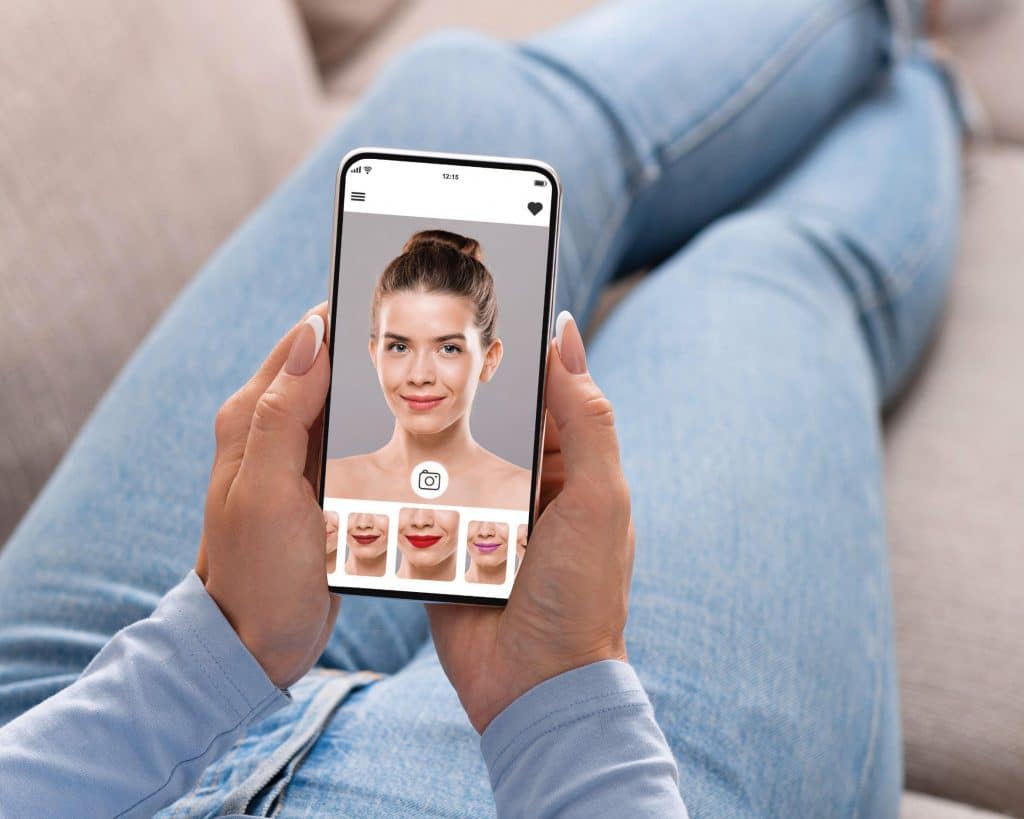
THE BENEFITS
The idea of hyper-personalised online beauty experiences may seem too good to be true, but this is only the beginning of an entire revamp of the beauty industry. Experts are predicting that we will see more omni-channel retail experiences emerge as brands upgrade, with innovative digital technologies applied in-store. And we are already witnessing the rise of beauty escapism within the Metaverse, as well
as wearable NFT (non-fungible token) capabilities.
Some other cool benefits of AI and AR in beauty, include:
• Clean and hygienic shopping: Make-up testers in-store can be quite unsanitary as many people are making use of them on any given day (we saw this being limited during the first few waves of the pandemic and lockdown periods). COVID-19 definitely made us hyper-aware of hygiene and sanitisation practices. With virtual try-ons, the risk of using unsanitary products is completely eliminated as there are no physical testers involved.
• No more wastage: In-store testers result in quite a lot of product and package wastage. And, when we buy products that end up being a major fail, we throw them away or let them sit in our make-up drawers to expire, never to be used. In this sense, AR and AI are offering a much more sustainable alternative to the traditional product testers.
• Overspending limited: The feature of a ‘virtual shopping assistant’, providing high-quality (top-reviewed) product recommendations online, also curbs unnecessary spending – you only buy what looks good on you and what you know you’ll use regularly.
It’s clear that digital beauty has become increasingly popular during the pandemic. The role of AI and AR in the beauty industry, however, seems to be here for the long haul. As more and more well-known make-up, skincare and hair brands jump onto the bandwagon, will all these emerging digital beauty experiences fully take the place of traditional ones? Well, only time will tell…
Words by Charndré Emma Kippie
Photography: Gallo/Getty/Alamyimages, Courtesy Images



